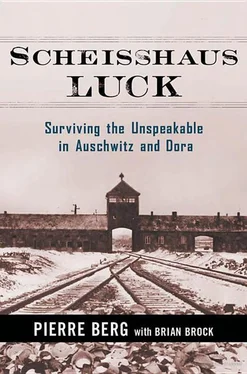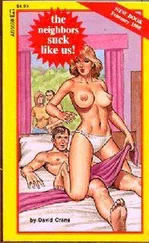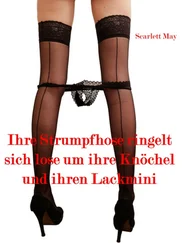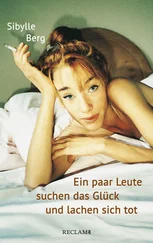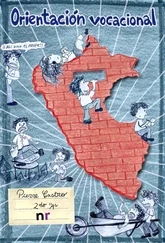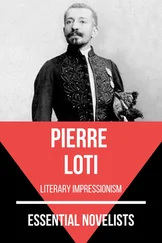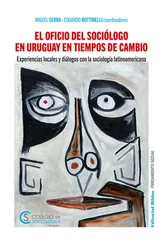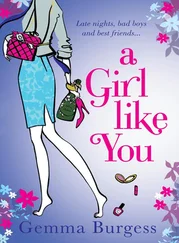squeaked from my throat as I sat down. Any other time I would have played the café Don Juan with such a belle moˆme .
I eyed my traveling companions with a mixture of suspicion and curiosity. Any of them could have been a collaborator, a Nazi plant, or desperate enough to sell out a fellow countryman to save his or her own hide. A slip of the tongue could be a noose slipped around my neck. No one talked except for the whispers shared among loved ones. It could have been that we were all leery of a rat in our midst.
When the train pulled out of the station it seemed to ease those suspicions and slowly bring home that we shared a common plight.
Conversations were struck and soon enough I was acquainted with my fellow prisoners.
Across from me at the window sat Marius, a middle-aged man with a handlebar mustache stained yellow from nicotine. He wore a leather jacket, corduroy pants, work boots, and a cap as dirty as his fingernails. A corncob pipe was stuffed in one jacket pocket while cloves of garlic, which he munched on like bonbons, were stuffed in the other pocket. Marius was a Corsican plumber and a low-level official of the French Communist Party. Next to him sat a beautiful young Honduran with shoulder-length jet-black hair and flawless olive skin. She was a stunning mix of Central American Indian and Conquistador. Her Austrian-Jewish husband, sitting on her other side, was at least twice her age. He was some kind of professor and had a coiffure like Albert Einstein. Every time I looked at him I couldn’t help but wonder if there was a correlation between high IQ and crazy hair growth. She constantly fussed over their two-year-old twin daughters sitting between them. They were headed to an enemy civilian internment camp because of their Honduras citizenship.
Sitting at the window on my side was a refined lady who was constantly wiping her nose and dabbing at tears with a lace handkerchief. Her husband I recognized from photos in the newspapers.
He had been an official in the French Socialist Front Populaire government, which had been in power from 1936 to 1938. From their conversations I gathered that the girl next to me was their daughter, Stella.
For some reason the monotonous clicking of the car’s wheels on the rails reminded me of the metronome my mother used when she rehearsed for a recital. She was a contralto who had performed all over Europe before I was born. After I arrived, my father decreed that there would be no more tours, but she still performed locally.
There were times her rehearsals drove me out of the house. I closed my eyes and thought, if only now my homework was being disturbed by her practicing scales.
Stella leaned toward me. Her breath tickled my ear.
“Would you like to step out with me?”
I nodded, welcoming the chance to stretch my legs.
“I can’t bear watching my mother cry,” she said once we were outside the compartment.
“Why were you and your parents arrested?”
“Because of my father’s politics and editorials and my mother being Jewish. My father’s internment has been a priority since the Nazis crossed the demarcation line. How about you?”
“Because of pure, irresponsible stupidity.”
“What do you mean?”
“It’s not important. Never mind.”
Oh, Stella was pretty, but she was a pretty stranger. I wasn’t about to open up to her. At least not yet.
“How about your parents?” Stella asked.
“They’re safe, but I’m worried about them. I’m sure they’re going to be frantic when they realize I’m gone.”
By giving the Nazis false identification papers I had made it impossible for my parents to trace me. Neither my parents nor any of my friends knew that I was involved in the Resistance, and the only person in the Resistance who I knew was the man who had given me the I.D. papers, Lucien Meffre. He was the man who recruited me and had been my contact.
A German officer came down the hall.
“Maybe we shouldn’t be out here.” I whispered, touching her arm.
Once we sat down I saw the SS officer stop and peer through the glass window in the sliding door of our compartment. I stiffened. Now we’re going to get it, I thought. The boche opened the door. With his chest full of medals, he made a perfect poster for the
“master race.” He smiled and addressed the mother of the twins.
“I have milk for your girls,” he told her in perfect Spanish.
She seemed more resigned than happy about the news. Her husband stroked the heads of their daughters as she followed the officer. He looked sad. I believe there were tears in his eyes.
The mother returned a while later with her dress in disarray, her face flushed, and two cans of evaporated milk cradled in her arm. Her husband snatched them from her as she sat back down.
Not a word was uttered between them the rest of the way. Their uneasiness shrouded our compartment. From that moment, all conversation seemed trite. The couple’s unsavory predicament brought home to all of us that we were at the Nazis’ mercy. But the guards sure made an effort to seem friendly. For our journey they acted as if they had gone to charm school. During our eleven-hour ride, they even managed to get us some food—a piece of bread, some cheese, and some sausage. The professor wondered out loud if the sausage contained pork. I almost laughed. That should have been the least of his worries.
I went out to take a leak. As I walked to the end of the car, I glanced into the other compartments. There wasn’t an empty seat in any of them. All my fellow prisoners had been held at the Hotel Excelsior in Nice. Some had been locked up for two weeks, others only a day. While I was pedaling to Bernard’s, they had been herded into the street and marched to the train station.
We were all asleep when we reached Paris. The jolt of our car’s being detached from the train brought us back to our sad reality.
Stella’s head had been resting on my shoulder.
“Oh, I am so sorry,” she said blushing.
“I didn’t mind.”
She flashed that shy smile again.
To ensure that none of us had the chance to melt into the crowd of travelers at the Paris station, the Nazis had an engine pull our car to a desolate area of the train yard. There, two green-and-white buses waited to take us to Drancy.

CHAPTER 3
Drancy, November 1943–January 1944: I sat next to Stella’s father. Stella sat in front of us with an arm wrapped around her mother. Two SS guards stood on the ticket-taker’s platform at the rear of the bus. I decided to memorize the street signs so if I escaped I could make my way back to the station. With Nazi goons checking papers, it would be impossible to slip onto a passenger train, but I might be able to hop a freight train.
The buses rumbled down empty boulevards. Because of the gasoline rationing there were hardly any vehicles in sight. The Parisians we passed were either on foot or on bicycle. I had never been to Paris before, but the people sitting around me remarked on how drab and dark the capital now looked. Many store windows were boarded up and the entrances were protected by stacks of sandbags.
Other shops appeared to be abandoned. Some of the streets barely hinted at human life.
“How can you be proud of something that doesn’t belong to you anymore?” a man behind me asked.
We traveled alongside a high gray stucco wall. “ Monsieur , you lived in Paris for some time. What’s behind this wall?” I asked.
“ Père Lachaise . My mother is buried there.”
Читать дальше
